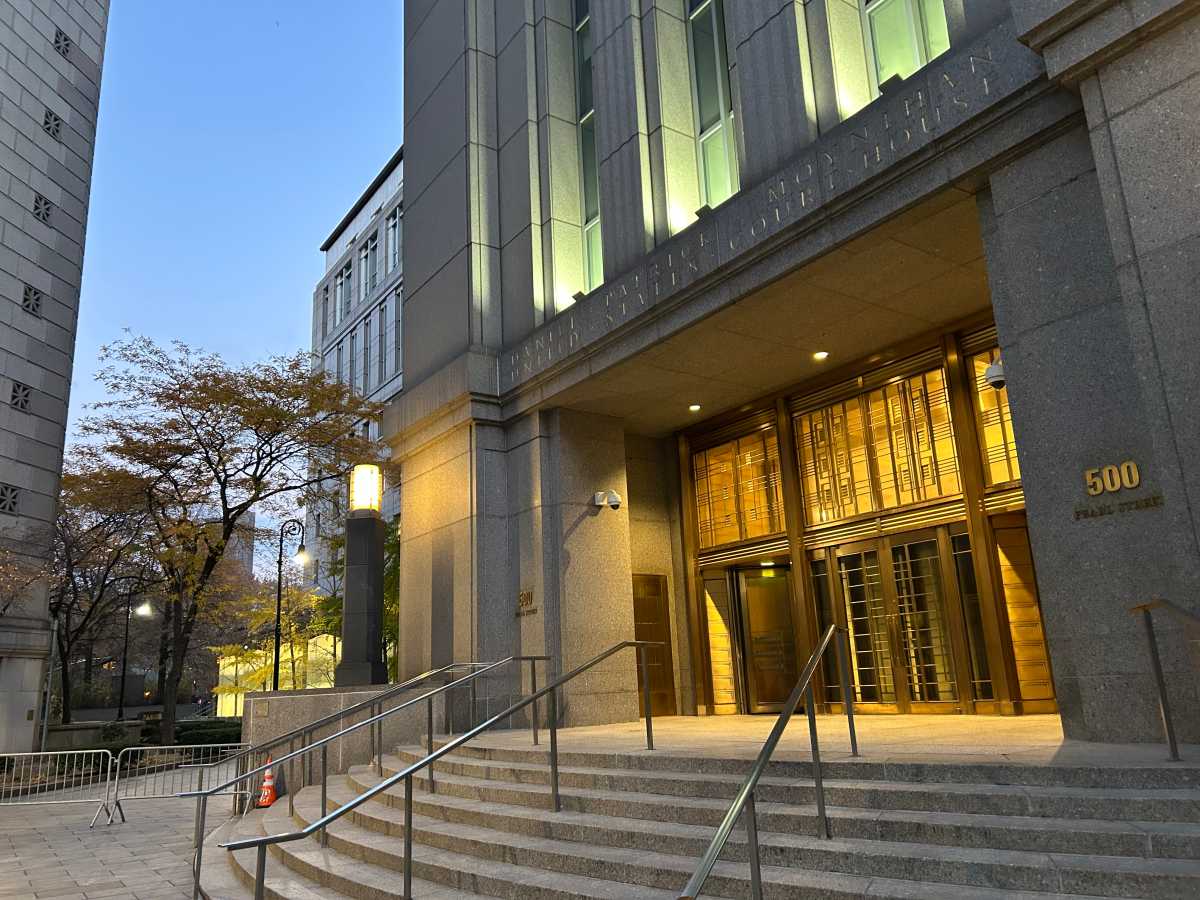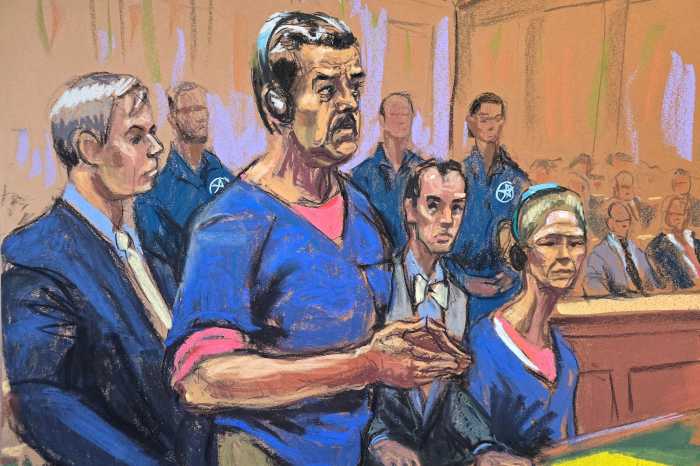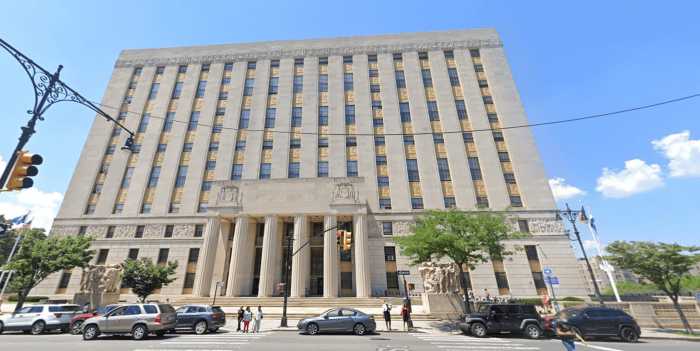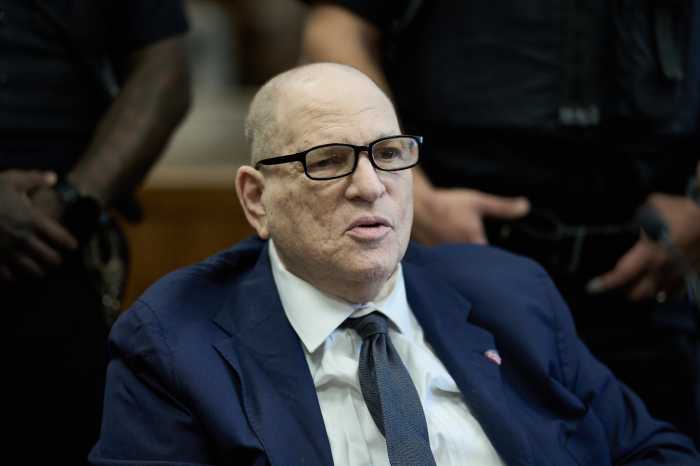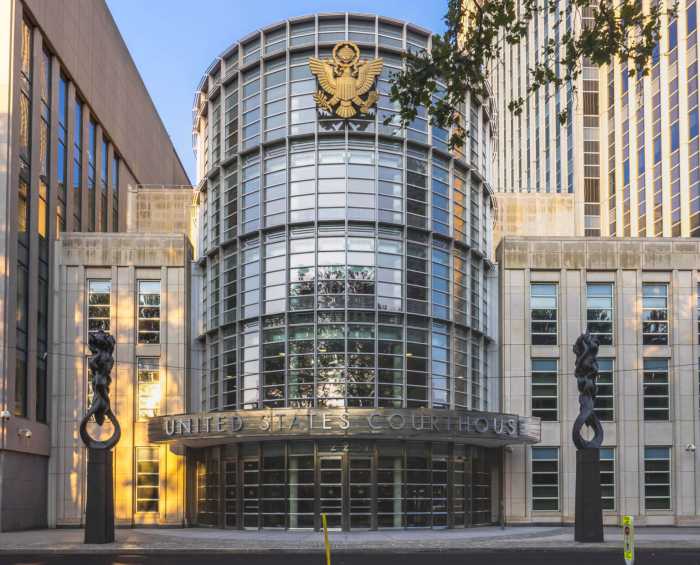[Editors note: Welcome to the amNew York Law Bench Report, where we will feature notable rulings from state and federal courts, brief news bulletins that impact the judiciary and announcements from judges’ chambers. Are we missing anything? Contact editor-in-chief Andrew Denney at adenney@schnepsmedia.com]
‘Egregious’ jury tampering forfeits right to full jury, high court rules
People can act badly enough to void their right to a jury of 12, New York’s highest court found.
In a unanimous Nov. 20 ruling, the Court of Appeals said that criminal defendant Derek Sargeant forfeited that right by confronting a jury foreperson outside their home as part of a pressure campaign to get them to vote not guilty.
In January 2019, Sargeant was on trial for allegedly assaulting a 20-year-old paid escort in the basement of his Queens home and illegal weapons possession, according to court papers.
On the morning of Jan. 24, 2019 — as the trial jury for Sargeant’s case was in deliberations — defense counsel reported that Sargeant was suffering from a severe migraine headache and that he couldn’t take part in the proceedings.
Queens Supreme Court Justice Gene Lopez adjourned deliberations and ordered the parties to return the next day. But on the afternoon of Jan. 24, the court received word that someone confronted the jury foreperson in front of their home to insist that Sargeant is innocent.
The foreperson said interaction made him feel threatened and that he feared for his family’s safety. Lopez dismissed the foreperson and continued deliberations with the remaining 11 jurors, as there were no alternate jurors available. That jury voted to convict Sargeant on charges that included second-degree criminal possession of a weapon.
Last year, the Appellate Division, Second Department affirmed the conviction. Affirming the Second Department, the Court of Appeals held that it was an exceedingly rare circumstance, where Sargeant’s behavior was “egregious” enough to have forfeited the right to a jury of 12.
“He violated the juror’s privacy and the sanctity of his home and in doing so reasonably and foreseeably, and perhaps intentionally, caused the juror to fear for the safety of his family,” Court of Appeals Associate Judge Shirley Troutman wrote for the court. “The defendant’s behavior, viewed in totality, is so clearly performed with a forethought and so inappropriate as to place his misconduct well outside the realm of ordinary bad behavior.”
The underlying case is captioned People v. Sergeant, 1354/2017
Convicted black-market HIV insurance fraudster ordered to pay up
One of the network of pharmacy operators who participated in a scheme to sell black-market HIV medication that defrauded insurers of $20 million agreed to pay $1.1 million in restitution on Nov. 10.
Irina Polvanova, who operated a pharmacy in her namesake, pleaded guilty to conspiracy to commit health care fraud in October 2024. Polvanova bought black-market HIV medications from Boris Aminov, the leader of the healthcare fraud conspiracy, and dispensed that medication to patients, consistently billing its patients’ government insurance for the full value of the HIV medication it dispensed to them.
The decision by the U.S. District Judge Jesse Furman of the Southern District of New York comes over a year after Aminov, the ringleader of the scheme, was sentenced to nine years in prison and ordered to pay more than $13 million in restitution.
The case is captioned U.S. v. Aminov, 23-cr-110
Ex-Polar Air Cargo vendor ordered to pay $3.8 million in restitution
A former Polar Air Cargo Worldwide Inc. vendor agreed to pay $3.8 million in restitution and a $20,000 fine after pleading guilty to wire fraud in a kickback scheme involving tens of millions of dollars.
U.S. District Judge Jesse Furman dismissed three charges against former Polar vendor Orlando Wong in an agreement to pay the millions in restitution. Wong was one of six vendors involved in the massive scheme to defraud the cargo airline. He pled guilty to conspiracy to commit wire fraud, wire fraud and conspiracy to commit money laundering.
The scheme revolved around two senior executives who accepted millions in financial benefits from the vendors, costing the cargo company an estimated $52 million in losses. The executives and two co-conspirators allegedly received over $23 million in unlawful kickback payments or distributions.
The executives exchanged favorable contracts, valuable cargo space and favorable shipping rates in return for the kickbacks. As part of the penalties, Wong agreed to forfeit $560,000.
The case is captioned U.S. v. Winkelbauer, 23-cr-133



